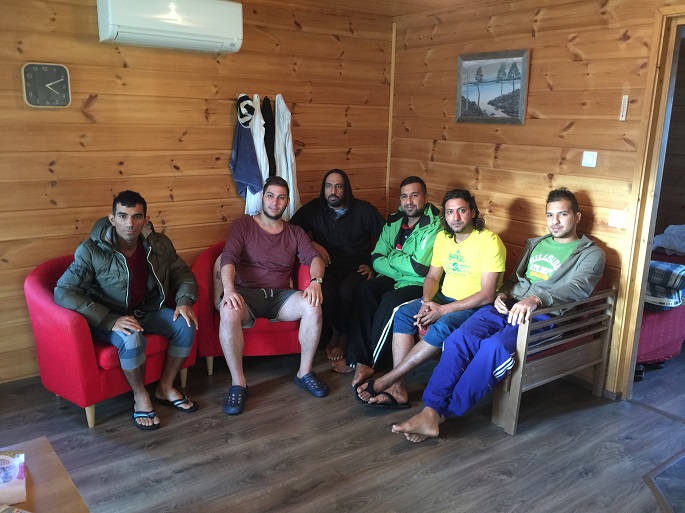Project launched to support voluntary return of refugees
Published : 12 Apr 2018, 02:16
Updated : 12 Apr 2018, 11:03
The Finnish Immigration Service, the Ministry for Foreign Affairs and the Crisis Management Centre Finland have initiated a project that will help to develop voluntary return of the asylum seekers.
Countries of return are particularly Iraq, Afghanistan and Somalia, said an official press release.
The majority of asylum seekers have come to Finland from these countries. The goal is, among other things, to increase the knowledge of voluntary return among persons who may be returning.
Voluntary return means that asylum seekers or other returning persons return voluntarily to their home country or to another country where they have a residence permit.
Persons who are returning to their place of residence are given tickets. In addition, the majority receive financial assistance which can for example be assistance for finding work, for starting a small business, for living or for children’s education.
“Voluntary return is a humane and safe way to return to your home country. Those who return, travel on a regular flight as normal passengers with dignity and without shame. The reintegration assistance given in their home country will help them establish a new life after a long absence,” said Mari Helenius, Senior Adviser at the Finnish Immigration Service.
The majority of the persons who return are Iraqis, Afghans or Somalis who already have received one or more negative asylum decision. The largest group are persons with Iraqi origins.
In January–March of this year, 290 persons returned with assisted voluntary return. The majority of those, 231 persons, returned to Iraq. Seven returned to Afghanistan and three to Somalia. In 2017, a total of 1,102 persons returned to Iraq, when the total amount of returning persons was 1,422.
A person can only receive assisted voluntary return if he or she withdraws all his or her pending applications and appeals concerning them. A person will only be granted assisted voluntary return if he or she needs it and cannot pay for the return him or herself.
The two-year project goes by the name Auda. The project is partially financed by the Asylum, Migration and Integration Fund of the European Union (AMIF).


